Population Health News, November 2025
JoAnne DyerHealth Equity and Disparities
SNAP benefits are life and death for some people: Without SNAP benefits, “‘people can die’ from even short gaps in nutrition and food access.” In particular, people with conditions such as diabetes and kidney disease may be harmed when they skip meals or buy unhealthy food. (StatNews, October 27, 2025)
Tribes harmed by SNAP fund withholding turn to traditional food ways: Some tribes think that indigenous food sovereignty, such as resuming hunting, fishing, and dry farming, is the way forward. (Grist, November 6, 2025)
Language injustice harms many groups: When healthcare settings fail to provide language or communication access such as interpreters, health outcomes, medical errors, and preventive care can suffer. (Social Equity News, May 21, 2025) People who are Deaf and hard-of-hearing also need hearing and language access, but do not always receive it, despite an Americans with Disabilities Mandate. (Hearing Loss Association of America, accessed November 2025)
Environmental & Climate Health and Justice
Public health needs a healthy environment: From planting trees and shrubs in Kentucky to preserving the watershed in New York to dune restoration in New Jersey, evidence suggests nature-based solutions (NbS) help our health. (Forbes, October 20, 2025)
Oil & gas development in the neighborhood is linked to leukemia: In Colorado, kids who lived near dense concentrations of oil and gas wells were more likely to be diagnosed with Acute Lymphocytic Leukemia. (Environmental Health News, June 10, 2025)
Built Environments, Spaces, and Places
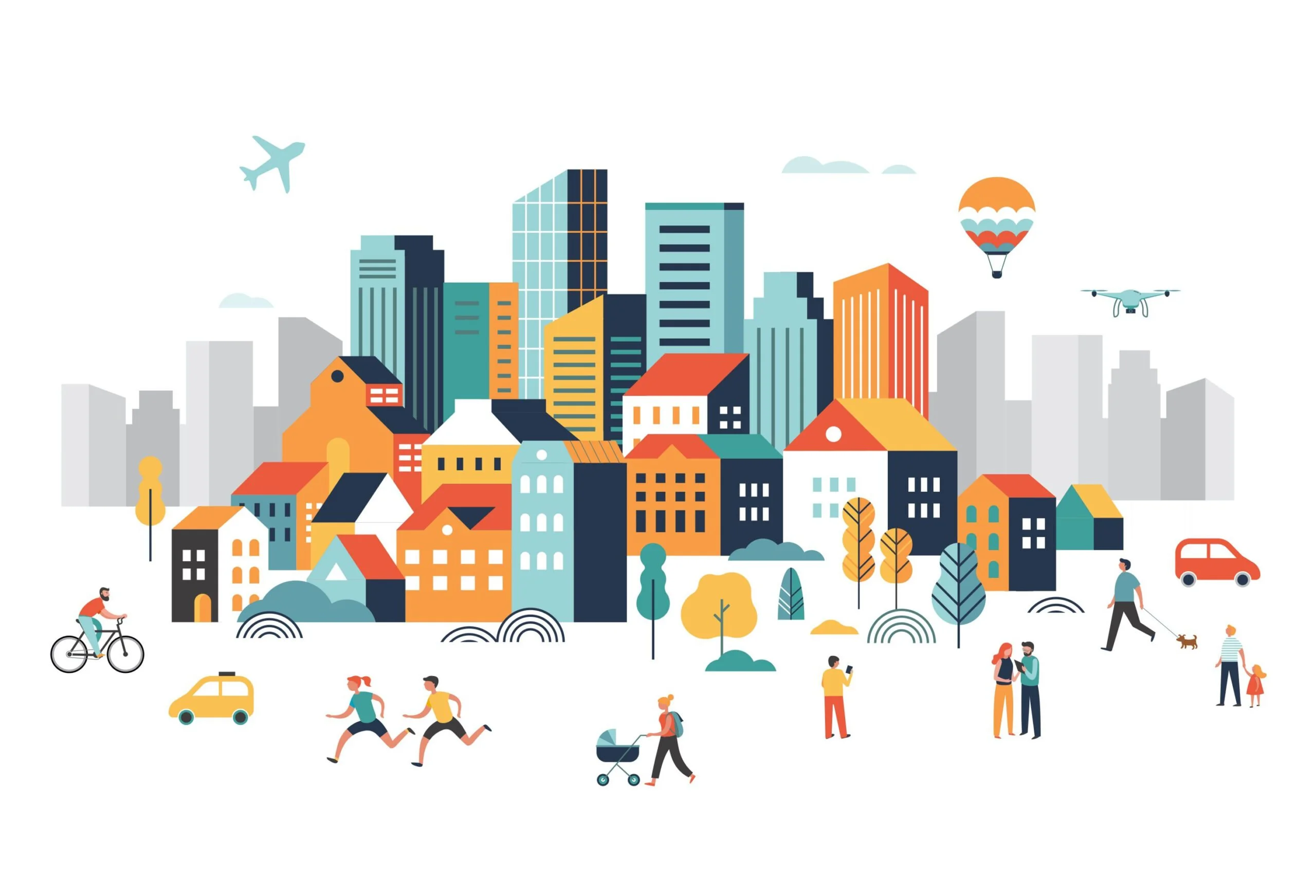
Lead pipes — and disparities — abound in Chicago: Chicago is replacing the lead pipes that are part of its service lines. More lead pipes are found in Black and Latino neighborhoods, creating an unequal risk. (Grist, August 28, 2025)
Workers at nuclear missile sites face cancer. Are PCBs to blame?: Early research from the US Air Force didn’t find a “statistically elevated” death rate from cancer in these workers, but a more comprehensive report is coming by the end of 2025. (KFF Health News, October 3, 2025)
Policy and Programs
The health of moms and babies is at risk with the loss of data: The Pregnancy Risk Assessment Monitoring System (PRAMS) has effectively on hold, with staff on leave. The lack of data harms child and maternal health. (Harvard T.H. Chan news, October 16, 2025. IAPHS member Rita Hamad is quoted)
Drug monitoring laws linked to more overdose deaths: The “must-query” programs were also more harmful to Black and Hispanic populations, which experienced higher increases in overdose deaths. (Milbank Quarterly, October 13, 2025. IAPHS member Magdalena Cerda is an author.)
The US lags behind other countries in “primordial” health prevention: While the US healthcare system does well at some prevention work, these efforts don’t quite make up for the harm done by external factors, such as dietary intake and regulation of harmful products such as guns. (The Lancet, November 2025)
Public health should be political, but not partisan: Public health can’t and shouldn’t avoid policy, says Dr. Craig Spencer. And public health should be visible between crises to let people know why public health, not just medicine, really matters. (Substack from Craig Spencer, MD, MPH, October 30, 2025)
Book Spotlight
In Roadkill: Unveiling the True Cost of Our Toxic Relationship with Cars, authors Henrietta L. Moore and Aruthur Kay look at the harms caused by America’s love affair with the automobile. The authors suggest that 60 -80 million people have been killed by cars, and the environment and our health — even our freedom — have suffered, too. (Wiley, 2025.) Available on Amazon or from the publisher.


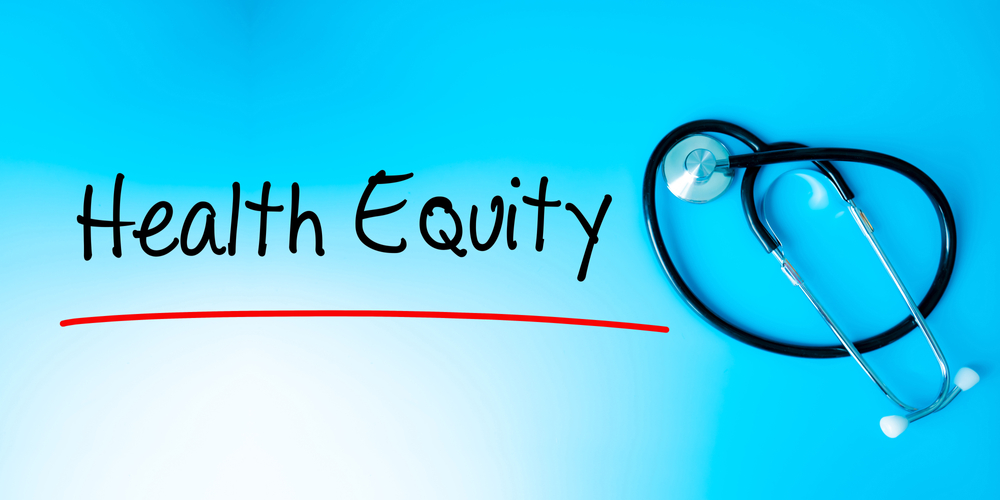

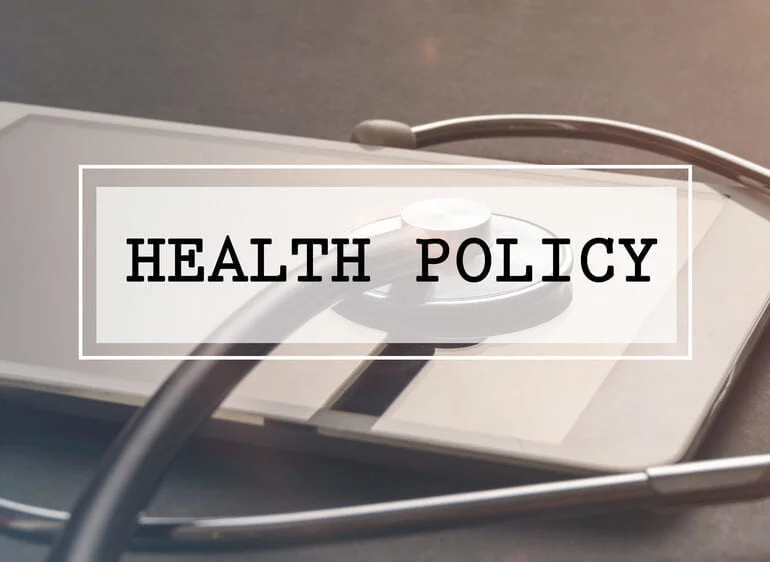


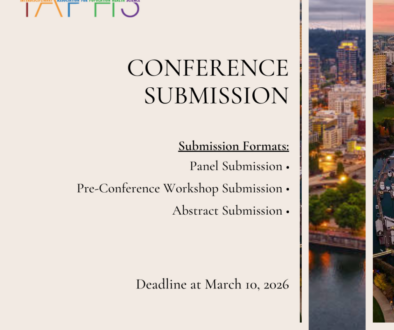
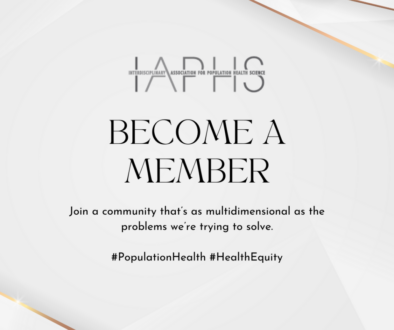
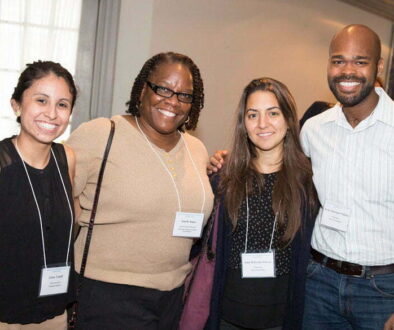
All comments will be reviewed and posted if substantive and of general interest to IAPHS readers.